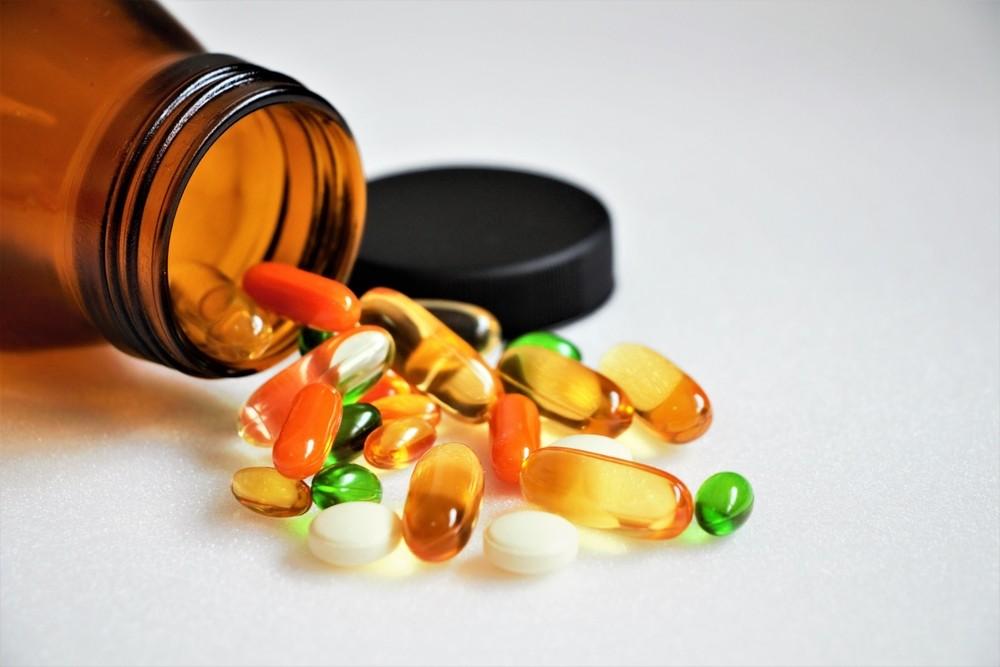Introduction:
The age at which men may stop ejaculating can vary greatly depending on individual factors, including overall health, lifestyle choices, and underlying medical conditions. While there is no specific age at which all men stop ejaculating, there are a few factors that can contribute to changes in ejaculatory patterns as men age.
Testosterone levels:
Testosterone is a hormone that plays a crucial role in male sexual function. As men age, testosterone levels naturally decline, which can affect various aspects of sexual function, including ejaculation. Lower testosterone levels may lead to a decrease in ejaculatory volume or frequency.
Medications and health conditions:
Certain medications or health conditions can impact ejaculation. For example, some medications used to treat prostate issues or high blood pressure can affect ejaculation. Additionally, medical conditions such as diabetes or prostate problems may contribute to changes in ejaculatory patterns.
Lifestyle factors:
Lifestyle choices, such as smoking, excessive alcohol consumption, poor diet, and lack of physical activity, can have an impact on sexual function. Maintaining a healthy lifestyle can help support sexual health and potentially delay changes in ejaculatory patterns.
It's important to note that while changes in ejaculation patterns can occur with age, it doesn't necessarily mean a complete cessation of ejaculation. Men may still experience ejaculation, albeit with potentially reduced frequency or volume.
If you have concerns about changes in your ejaculatory patterns or any other aspect of your sexual health, it is advisable to consult with a healthcare professional. They can provide personalized advice and address any underlying issues that may be contributing to the changes you're experiencing.




